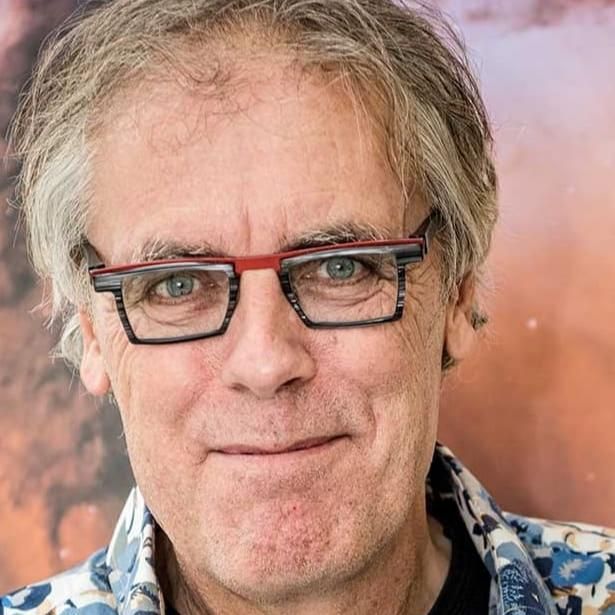

Govert to the edge of the Universe
Season 1
How can we protect us against cosmic impacts? Will we ever live on Mars? Is there extraterrestrial life? How is the universe created? And do the atoms in our body come from the stars?
Fifty years after Apollo 11 Govert Schilling takes us on a fascinating trip around fantastic astronomical highlights since the first step on the moon. On the historical 21st of July 1969 Govert was twelve years old and since that magical moment he is fascinated about the cosmos.
Fifty years after Apollo 11 Govert Schilling takes us on a fascinating trip around fantastic astronomical highlights since the first step on the moon. On the historical 21st of July 1969 Govert was twelve years old and since that magical moment he is fascinated about the cosmos.
Where to Watch Govert to the edge of the Universe • Season 1
6 Episodes
- When the sky falls.
 E1
E1When the sky falls.On average once every three to four years one ends up in the Netherlands: a meteorite. The most recent impact was in 2017, just north of Amsterdam. Usually such a thing goes unnoticed, but there have also been catastrophic meteorite impacts with disastrous consequences. Take the one from 66 million years ago in Yucatán, Mexico, for example, which ended the dinosaurs. - We are stardust
 E2
E2We are stardustIn this episode, Govert shows that astronomy is closer than you may think. Whether it is the search for distant galaxies, the questions about the origin of the universe, or the research into the birth of new stars; Astronomy has everything to do with our own existence, here and now. - Our future on Mars?
 E3
E3Our future on Mars?After our visit to the moon, Mars appears to be the next new cosmic destination for humanity. It is certainly high on NASA's most recent "to-do list". Govert explains why specifically that red planet attracts us so much. He also takes us back in time, to show the fascination for Mars through the ages. - Are we Alone?
 E4
E4Are we Alone?In Hollywood they have known for a long time: extraterrestrial life exists. But more and more scientists nowadays take this possibility into account. This is mainly due to the discovery of thousands of exoplanets - planets at other stars. But the discovery of extremophiles (simple organisms that can live under the most extreme conditions) also nourish scientific expectations.


